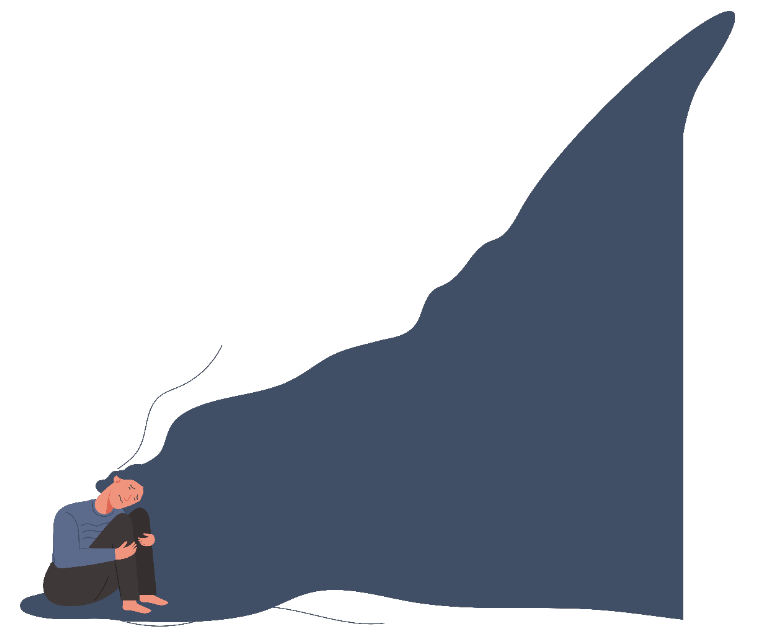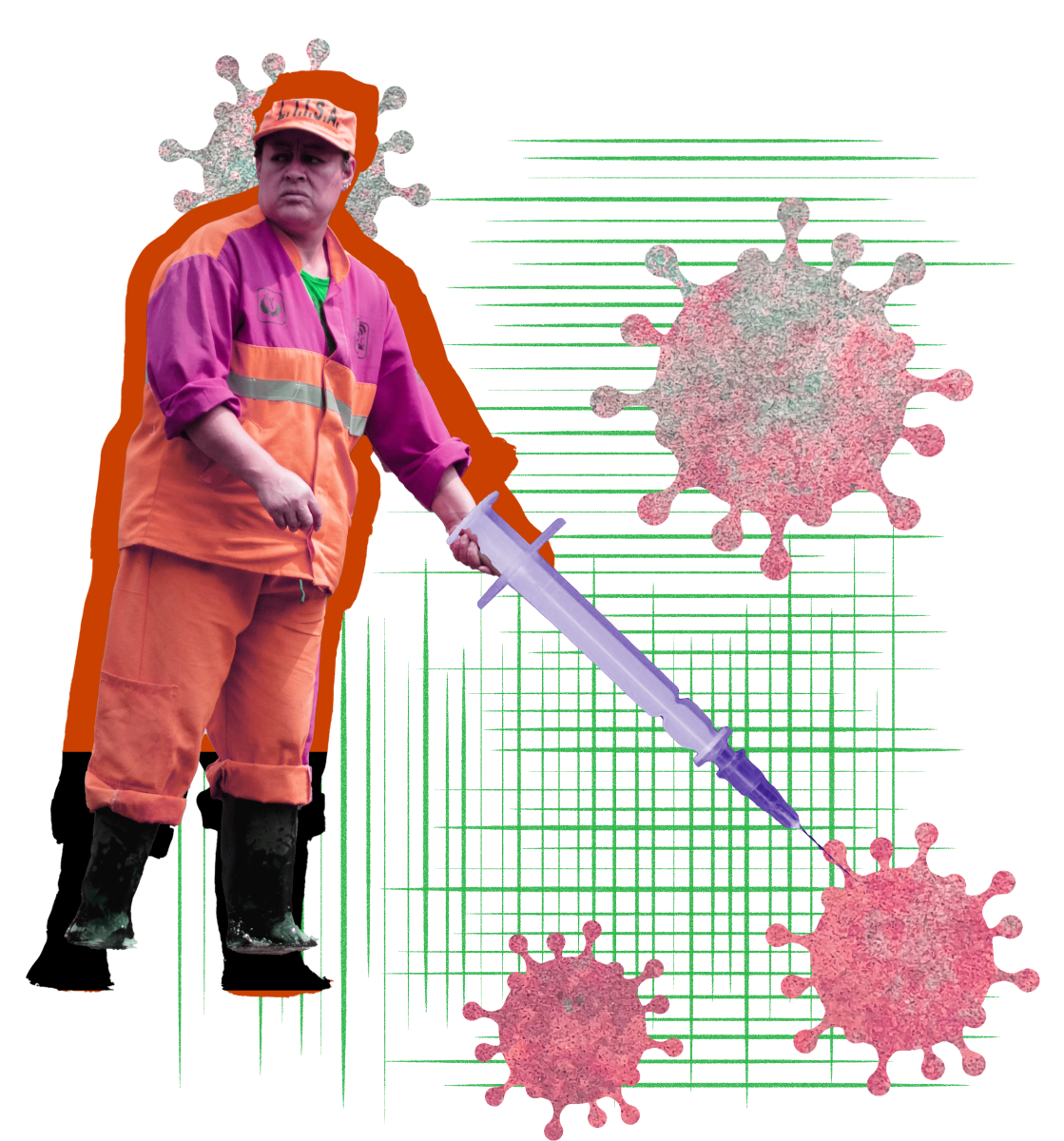The pandemic has unfortunately added new stresses to everyone’s lives. There can only be a limited amount of face-to-face interaction between people, and as a result, many have become unemployed. Staying in homes also means that there is a significant decrease in the physical activity of some individuals. All of these issues, combined with academic worries, have affected students at NJIT and how often they might reach out for help with managing and responding to their stresses. The Center for Counseling and Psychological Services (C-CAPS) provides individual and group counseling facilities that are safe, non-judgmental, and confidential. The services are offered remotely so that every student can have equal and physically safe opportunity to use them.
This year, there has been a decrease in the use of C-CAPS like many other colleges in the nation have seen in their services, following a slight decrease in enrollment. The adjustment to converged and virtual learning is also another priority that students may have, which leaves students with less bandwidth to try to reach out for help. Because some may be living at home with others, they also may not feel as comfortable engaging in therapy with less privacy. Moreover, many prefer face-to-face consultation rather than teletherapy. Another reason can unfortunately be that there is stigma attached to the idea of going to therapy, and many families do not believe in the productivity of doing so.
Director of C-CAPS Phyllis Bolling commented on how the cases presented by students this year compare to prior years in terms of their severity. She mentioned that “As the semester has progressed, the number of students seeking services has been increasing and students are expressing higher levels of distress as the semester has progressed. This type of increase in severity as the semester progresses is similar to previous years; however, as the second wave of the pandemic has begun, students are presenting with more concerns that relate to the pandemic (both directly and indirectly).”
Bolling expressed that the progression of the semester has highlighted signs of difficulties in concentration in completing assignments for students. There is a prominent lack of motivation as a result, which consumes the students with overwhelm, worry and frustration, leading to trouble with sleeping. The increased levels of anxiety, isolation, and loneliness have been influenced by students’ thoughts on the impact of COVID-19 on themselves or their loved ones. A survey done by Active Minds, a nonprofit organization supporting mental health awareness and education for students, in April found that the top five ways that the virus has affected students’ lives include stress/anxiety, disappointment/sadness, loneliness/isolation, relocation and financial setback, in that order.
In addition to the concerns regarding staying engaged in online learning, there have been worries around staying connected and maintaining relationships with friends and family with the lack of seeing them in person all the time. This also correlates with the report that about half of total students have started to spend much more time on social media since the pandemic has hit. This information was collected in a survey done by Course Hero and the National Association of Student Personnel Administrators (NASPA). It was also found that “students are more likely to report turning to friends (64%), parents (45%) and significant others (30%) for emotional support,” possibly contributing to the lower participation in the use of C-CAPS.
The pandemic has established fear regarding the current situation as well as what the future may hold for some students. There are many who are nervous about the possibility of getting a decent job after graduation. The anxiety stems from increased competition and the fear that the pandemic has limited the options of occupations in need of filling.
In order to help as many students as possible, especially those who, for any reason at all, are not able to utilize the counseling services, Bolling included details about how to cope with the general circumstances induced by the pandemic. She emphasized that “Individuals vary in what they may find helpful, so we encourage you to be flexible and try many things included here, determine what you find personally helpful, and incorporate these activities and ways of thinking into your regular wellness practices for these trying times.”
Fostering resilience skills is extremely useful, as they nurture your ability to adapt or ‘bounce back’ in the face of adversity. In the interest of building this skillset, Bolling also suggests students can keep matters in perspective and accept that change is a part of life; setbacks or failure should avoid being viewed as unconquerable. In addition, it is vital students to keep a positive view of yourself even when a situation does not go as well as it was expected to; self-care and coping strategies should be maintained to keep you as mentally healthy as possible.
Bolling wrote, “If you have been inactive and feeling low, you may begin to experience low motivation and energy levels. You can build up your motivation and energy by increasing your activity.” You may have to push yourself to get something started, but try not to spend too much time thinking about or waiting for the action because your motivation might diminish within that time period. With the intention of picking up motivation and increasing concentration, some suggestions are to walk daily, develop a realistic schedule, organize your workspace, decide on a regular sleep schedule, wind up each day by doing a relaxing ritual and make a to-do list the night before. It might also help to practice mindfulness and focus on the journey rather than the future outcome. Cultivating gratitude is an additional method to benefit your wellbeing and can give you motivation to complete daily activities.
C-CAPS is there for each and every student no matter how much they might be struggling. Bolling said, “Please remember that we are in this together. We care about your wellbeing, and we will make it through this by supporting ourselves and each other.”































